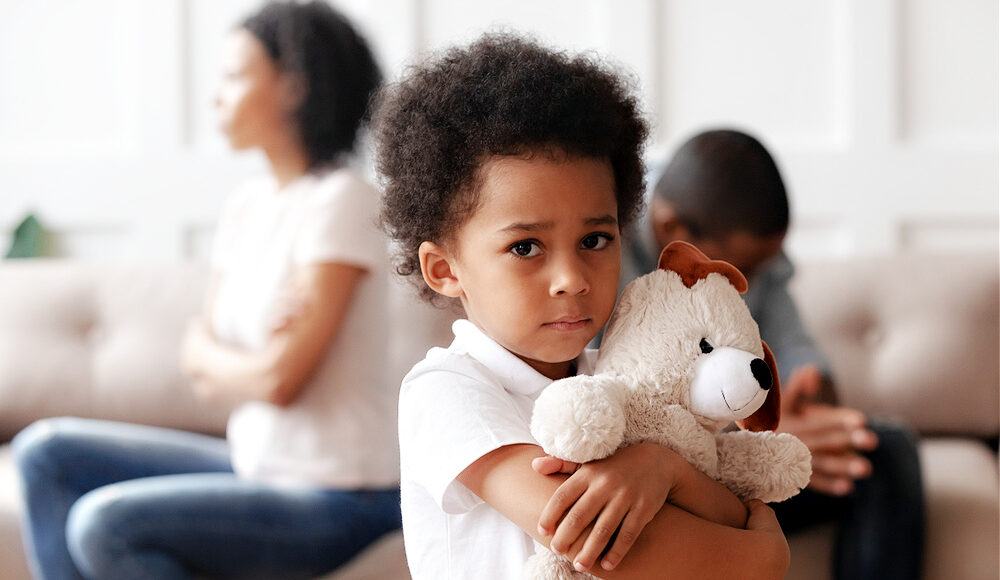Oppression of children.
From Teresa Graham Brett’s article Adultism: The Hidden Toxin Poisoning Our Relationships With Children
What is adultism?
My favorite explanation of adultism comes from an article written by Dr. Barry Checkoway at the University of Michigan in Ann Arbor. I had the opportunity to briefly work with him when I co-directed the Program on Intergroup Relations there and find his description not only defines adultism, but also illuminates how it operates.
In his article Adults as Allies, he defines adultism as “…all of the behaviors and attitudes that flow from the assumption that adults are better than young people, and are entitled to act upon young people in many ways without their agreement.” He goes on to say that, (e)xcept for prisoners and a few other institutionalized groups, young people’s lives are more controlled than those of any other group in society. In addition, adults reserve the right to punish, threaten, hit, take away ‘privileges,’ and ostracize young people when they consider it beneficial in controlling them or “disciplining” them. If this were a description of the way a group of adults were treated, society would quickly recognize it as a form of oppression.
Adults, however, generally do not consider adultism to be oppressive, because this is the way they themselves were treated as youth; the process has been internalized.
The essence of adultism is that young people are not respected. Instead, they are less important and, in a sense, inferior to adults. They cannot be trusted to develop correctly, so they must be taught, disciplined, harnessed, punished, and guided into the adult world. The liberation of young people will require the active participation of adults. A good starting place is to consider and understand how we – today’s adults – were mistreated and devalued when we were children and youth, and how we consequently act in adultist ways now. (1)
Adultism impacts all relationships between adults and children in our culture. It impacts how we view children. It impacts how we treat them and what we feel we have the right to do as parents. It is institutionalized in schools, churches, and our legal and medical systems.
I have spent over two decades working towards social justice in higher education. It took five years after becoming a parent to realize that the oppression I fought outside of my home was deeply entrenched inside my own home in my relationship with the first child in my life. I began to see how my use of power and control over him and my domination of him were planting the seeds for oppression and discrimination to be perpetuated by him or upon him as he grew older. Adultism creates fertile ground for all other forms oppression to exist.
Our relationships with children from the time they are born create a paradigm from which they will view and experience the world. This is the nature of socialization or enculturation. (2) Because the majority of us experience domination and control as children, we feel it is normal, even if we fought against this injustice as children and teenagers.
« Back to Glossary Index


Comments are closed.